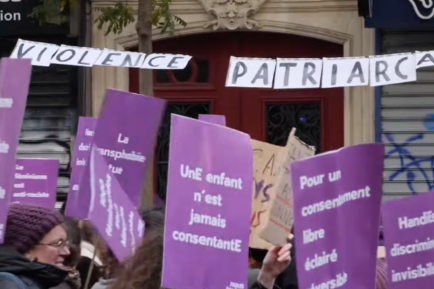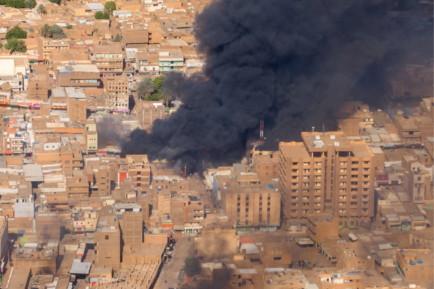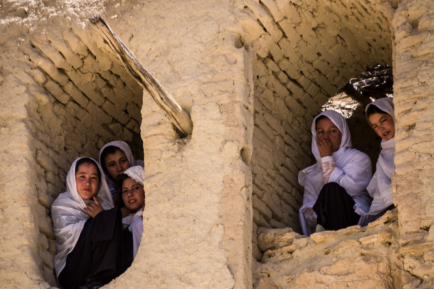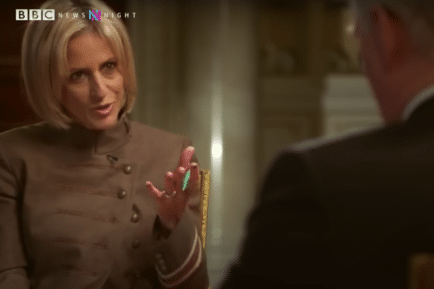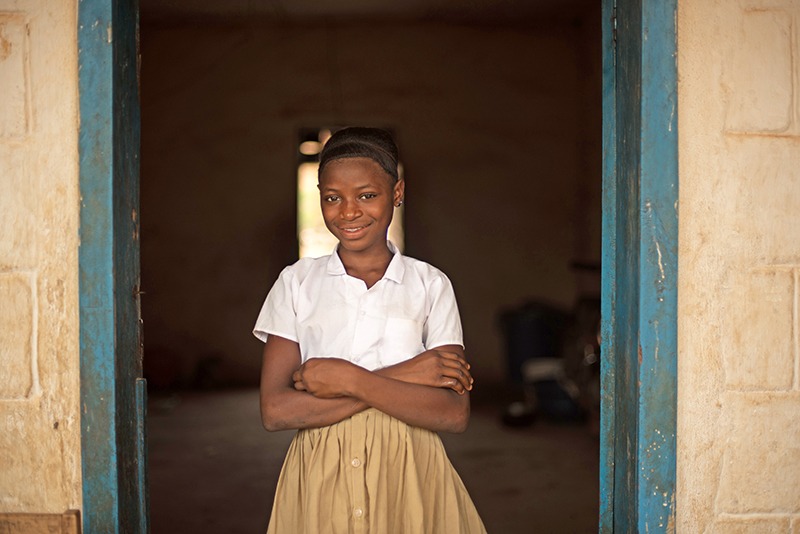
Girls & COVID
Female genital mutilation and child marriage
If girls or women are isolated at home, they’re more at risk of harmful practices such as female genital mutilation (FGM) and child marriage. FGM, also known as female circumcision, excision or genital cutting, involves the partial or total removal of the external female genitalia, or other injuries to the genital organs for non-medical reasons, mostly carried out between infancy and age 15. The procedure has no health benefits for girls and women. Because it is frequently performed without permission or against their will, it violates a girl’s right to make important decisions about her sexual and reproductive health. UNICEF has estimated that over 200 million girls and women live with female genital mutilation.
COVID-19 has had a dramatic impact on efforts to end FGM. Due to disruptions to social services and care, the UNFPA anticipates a one-third reduction in progress to the global goal of ending FGM by 2030. Alarmingly, that means two million further FGM cases could occur over the next decade that would otherwise have been averted. The agency also warns that over the next decade, we could also see 13 million more cases of child marriage. Research from the Ebola outbreak of 2014-16 found that when schools were closed, there was a steep increase in rates of child marriage.
FGM is a practice that occurs in many countries, across various cultures and is not part of any one religion.
We’ve partnered with Plan International Australia to publish these explainers on the impact of COVID-19 on girls internationally, for the Girls & COVID hub. Female genital mutilation (FGM) is a life-altering practice, which can rob girls of their rights to protection, education and freedom. But you can help change attitudes and practices. Stand with girls working to end FGM in their communities and donate today.

